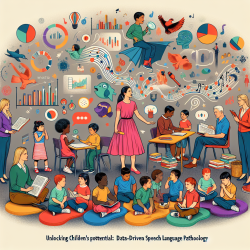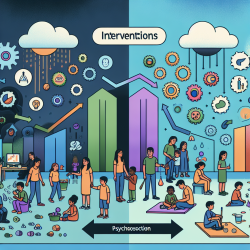The journey of asylum-seeking women is fraught with numerous challenges, and the experiences of Eritrean women in Israel provide a poignant illustration of the vulnerabilities they face. The research article "Life on the margins: the experiences of sexual violence and exploitation among Eritrean asylum-seeking women in Israel" sheds light on how political and economic marginalization contributes to their heightened risk of sexual violence and exploitation.
Understanding Structural Vulnerability
The study conducted by Gebreyesus et al. (2018) reveals that Israel's restrictive immigration policies have laid the groundwork for the political and economic marginalization of Eritrean asylum seekers. This marginalization manifests in limited access to institutional support and formal employment opportunities, particularly affecting women.
Practitioners working with asylum-seeking populations should recognize the concept of "structural vulnerability," which refers to the systemic inequalities that constrain individual agency. In this context, understanding how policies shape social realities is crucial for developing effective interventions.
Key Findings and Implications for Practice
- Provisional Status: The provisional legal status granted to Eritreans in Israel increases their risk of sexual violence by limiting access to social support networks and safe housing.
- Informal Work Sector: Women working informally as domestic workers are often exposed to sexual harassment and violence from employers, highlighting the need for protective measures and legal recourse.
- Crowded Living Conditions: Economic pressures force many women into shared living arrangements with men, increasing their vulnerability to sexual exploitation.
- Prostitution as Survival: Economic exclusion drives some women into prostitution, further exacerbating their risk of violence and exploitation.
Practitioners can use these insights to advocate for policy changes that provide sustainable legal status and formal work opportunities for asylum seekers. Additionally, creating awareness about reporting abuse and providing safe lodging can mitigate some risks associated with structural vulnerabilities.
Encouraging Further Research
The findings from this study underscore the importance of continued research into the intersection of migration policy and women's health. Practitioners are encouraged to explore similar contexts globally to understand how structural vulnerabilities affect different populations. Such research can inform evidence-based policy changes that protect vulnerable groups from exploitation and violence.
To read the original research paper, please follow this link: Life on the margins: the experiences of sexual violence and exploitation among Eritrean asylum-seeking women in Israel.










